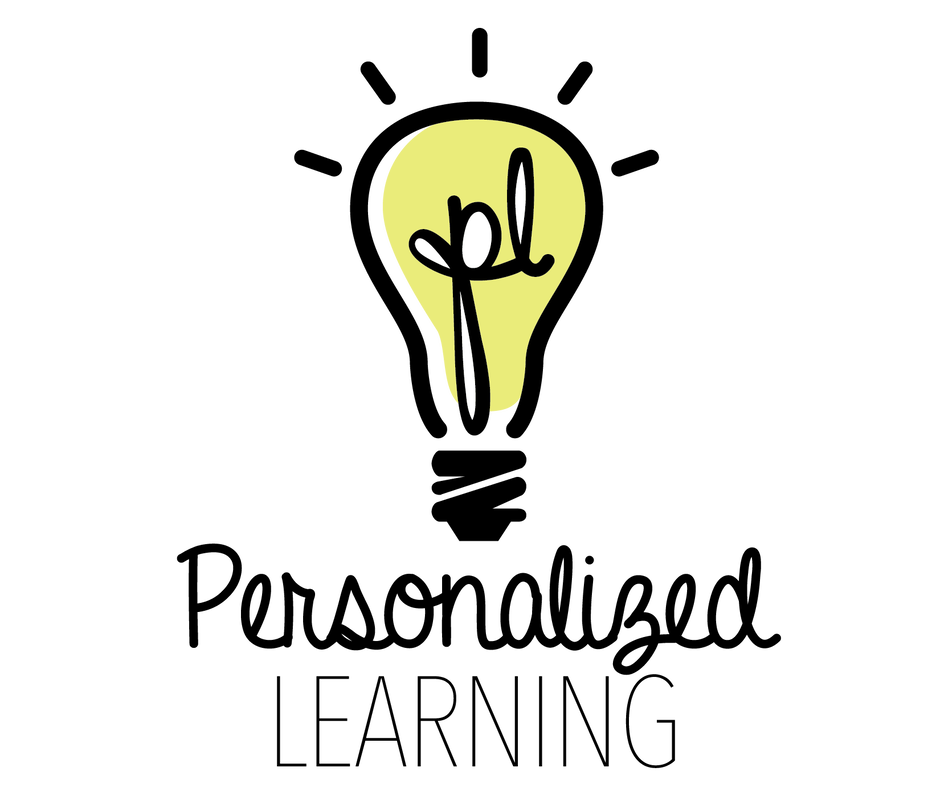Classroom Culture
Phase 3
"Look-Fors" During Observation
Remember: The most helpful part of the observation is not checking off items, but the conversations and reflections that happen after the visit.
Remember: The most helpful part of the observation is not checking off items, but the conversations and reflections that happen after the visit.
|
Beginning/ Developing
|
Practicing/ Achieving
|
Questions to Guide Observation
- Is there evidence of visual reminders of growth mindset, effort, and failing forward?
- How does teacher/students talk about effort, success, and failure?
- Are students reflecting on the process of learning?
- How is failure celebrated?
- How are students celebrated for their effort?
- What routines, rituals, and/or protocols are used to help students persist, plan for what to do if they fail, access and advocate for support when they need it, and reflect on their work?
Resources
- Mindset Assessment Profile Tool: This quick assessment from Mindset Works will help students understand their own mindset and data could be used for goal setting.
- Character Lab - Growth Mindset: To help students develop character strengths, Character Lab has created Playbooks, which include videos, lesson plans, and worksheets that help students learn character-building strategies and beliefs.
- The Mindset Kit: The Mindset Kit was created by The Project for Education Research that Scales (PERTS), a research center in the psychology department at Stanford University.
- Young Adult Novels that Teach Growth Mindset (Article): A list of novels to use with middle school and high school freshmen when learning about growth mindset, grit, and failing forward.
- Mindset by Carol Dweck
- Grit by Angela Duckworth
- The Power of Mindset: This video shares how a growth mindset impacts success.
- Resources for Teaching Growth Mindset: This webpage from Edutopia shares numerous resources for teachers in understanding and supporting students in developing Growth MIndset.
| Growth Mindset, Coaching Tool | |
| File Size: | 733 kb |
| File Type: | docx |
| Growth Mindset, Coaching Tool | |
| File Size: | 218 kb |
| File Type: | |

